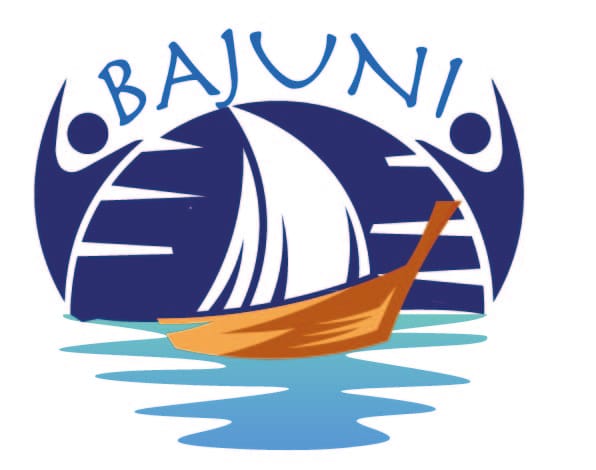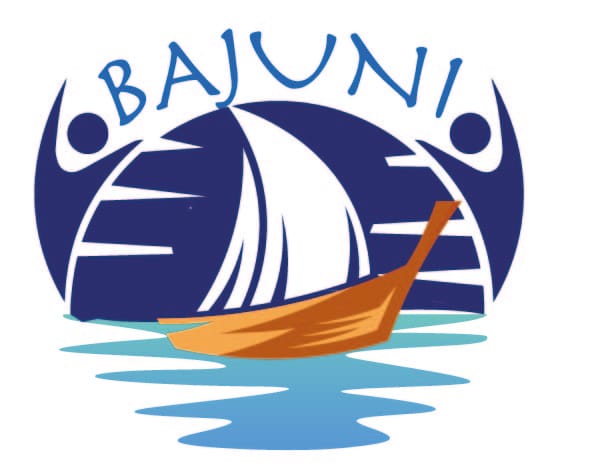About the Project
This website has been developed by Twaweza Communications (Lead Partner), Shungwaya Welfare Association and Swahili Resource Centre as part of a project titled "Safeguarding the cultural heritage of Bajuni dialect of Swahili, Oral traditions, and Poetry" .

The Project is contributing to the intangible heritage of the Bajuni community through documentation and archiving.
This project is being implemented with funding from the British Council’s Cultural Protection Fund, in partnership with the Department for Digital, Culture, Media and Sport.
Project Partners




Background
Bajuni is mainly spoken as a cross-border language in southern Somalia (around Kismayu) and Kenya on the coastal strip and offshore islands.
Although it is considered a dialect of Swahili due to its structural closeness to Swahili and relative mutual intelligibility, the speakers self-identify and affirm that they are Bajuni and not Swahili. When the dialect is spoken among the Bajuni themselves, speakers of other Swahili dialects struggle to understand it.
The documentation of the dialect will result in new records about it and the creation of a vital resource for current and future generations.
Due to years of violent conflict in their ancestral areas, the Bajuni have been migrating and integrating with other communities on Lamu Island, Malindi, Mombasa and elsewhere. In the process, their language has been shifting and getting lost.
A visit to the Bajuni land shows that the community is experiencing the devastating effects of climate change with rising water levels which have continued to cause floods, storm damage, wetland loss and long term erosion of agricultural areas. They are having reduced access to food and clean water. While mangroves have provided a buffer to the vulnerability of the coastal region, the rising salinity of inland water is undermining their adaptive capacity. The Bajuni cultural heritage is under intense threat and this Project seeks to safeguard it in multiple ways.
What to Expect
The project captures vital indigenous knowledge including figurative language, proverbs, riddles, idioms and sayings. It also captures aspects of poetry such as Vave – a ritualized farmers’ poetry- and oral traditions related to the lifecycle of a Bajuni.
The website is multilingual and carries content in English, Bajuni and standard Swahili in order to increase opportunities for learning.

